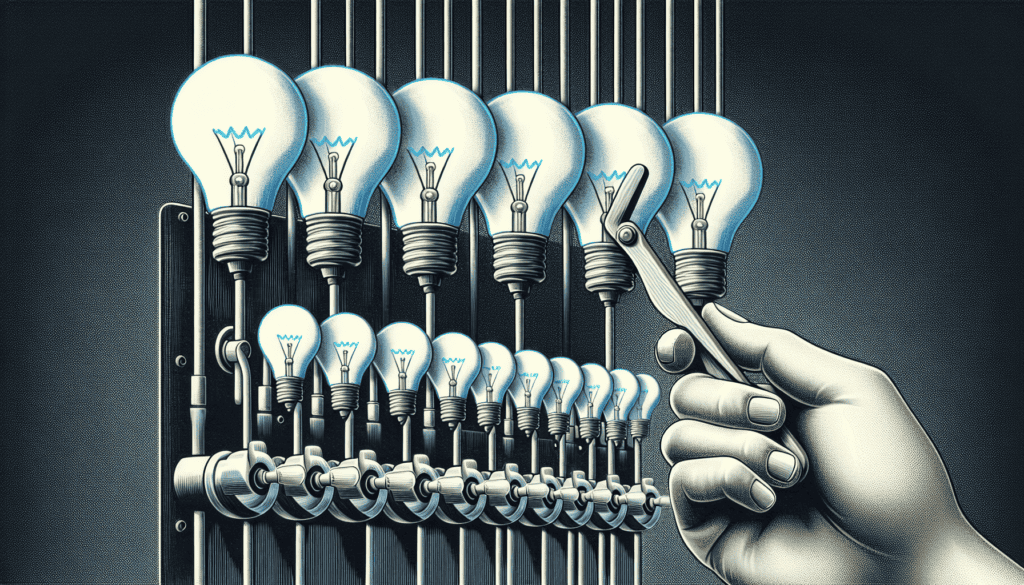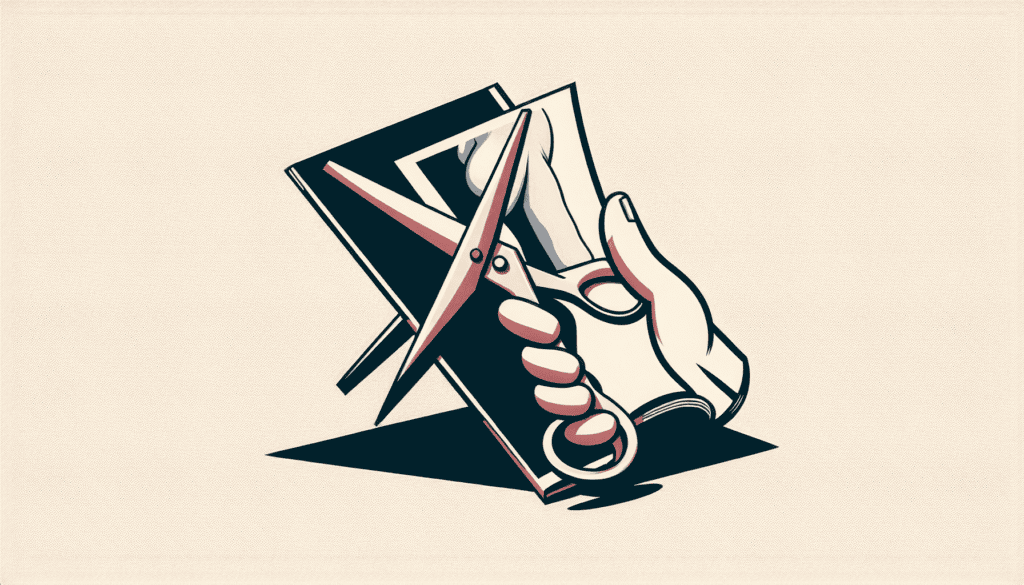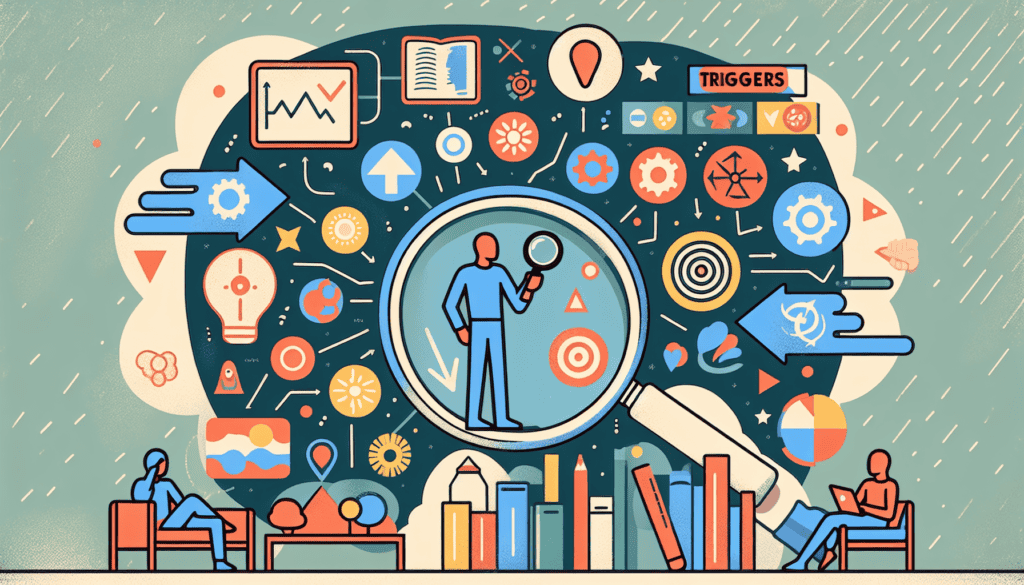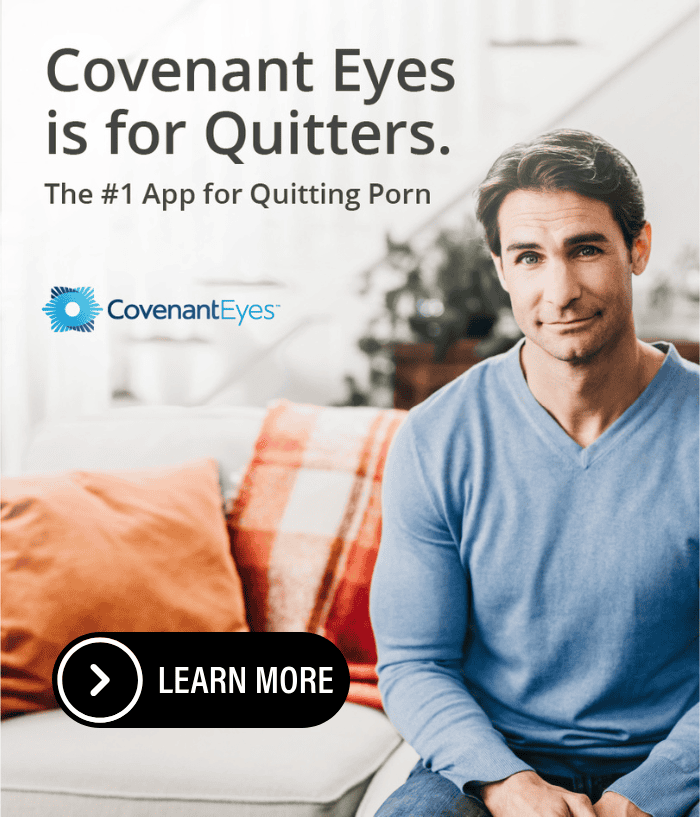Deciding to break free from watching porn can feel like a big and positive step toward self-improvement.
It’s an act of courage and self-care, but it’s also natural to feel unsure about what comes next.
Many people encounter challenges like irritability, mood swings, or feelings of unease as they navigate this journey. These are common signs of porn withdrawal, a phase that’s crucial to understand if you want to successfully move forward.
By learning about the timeline, symptoms, and strategies for overcoming porn addiction, you’re already taking the first step toward lasting change.
What Is Porn Withdrawal?
Porn withdrawal occurs when someone who’s been consuming excessive pornography reduces or stops their use altogether.
Similar to other forms of behavioral addiction, withdrawal stems from the brain’s dependency on the dopamine rush associated with certain sexual behaviors.
Over time, the brain’s reward system becomes overstimulated, leading to a need for greater stimulation—and when that’s removed, withdrawal symptoms can emerge.
How Long Does Porn Withdrawal Last?
The duration of porn withdrawal varies from person to person and depends on factors like the frequency of past use, individual resilience, and the availability of support networks. However, there are general phases many experience:
Initial Phase (0–2 Weeks):
Symptoms of porn withdrawal, such as irritability, anxiety, and difficulty concentrating, are often most intense during this time. The brain begins recalibrating, and it’s common to feel strong cravings.
During this phase, some may feel a heightened sense of discomfort or restlessness as the mind and body adjust to the absence of their usual coping mechanism. Recognizing these feelings as part of the recovery journey can help maintain focus and commitment.
Experts have found that this period often mirrors withdrawal from other behavioral addictions.
According to Dr. Cameron Staley, a clinical psychologist specializing in sexual health, the first two weeks are typically the most intense because the brain is recalibrating its reward pathways. Research also suggests that initial cravings are driven by the brain’s learned associations with habitual triggers.
Adjustment Phase (2–6 Weeks):
Emotional symptoms like mood swings and depression may persist but typically begin to lessen. Coping mechanisms and support networks become crucial during this period.
During this time, individuals may also start noticing subtle improvements in mental clarity and emotional stability. While sometimes difficult to spot, these small victories are signs of progress.
Studies from the American Psychological Association (APA) highlight that this phase is critical for forming healthier habits. Introducing structured routines and coping mechanisms can significantly improve outcomes during this adjustment period.
Long-Term Recovery (Months or More):
Symptoms of porn withdrawal fade, but the commitment to recovery remains vital. Relapses can occur without proper coping mechanisms or a supportive group. Overcoming porn addiction requires a long-term focus on healthy habits and self-awareness.
Many find this phase transformative. It offers an opportunity to build a new lifestyle grounded in healthier routines, deeper relationships, and a renewed sense of purpose.
Researchers at the National Institutes of Health (NIH) emphasize that the long-term phase often reveals the true benefits of recovery. Improved emotional resilience and relationship satisfaction are common outcomes as individuals rebuild their lives without dependency on pornography.
Common Symptoms of Porn Withdrawal
It’s important to remember that withdrawal symptoms vary from person to person, but some of the most common include:
- Emotional symptoms like irritability, depression, anxiety, and mood swings.
- Cognitive symptoms such as difficulty concentrating and a lack of mental clarity.
- Physical symptoms including fatigue, headaches, and disrupted sleep patterns.
- Sexual symptoms, which may involve changes in libido or difficulty forming healthy sexual behaviors.
These symptoms may feel overwhelming, but they’re a normal part of the recovery process.
Recognizing them as temporary can help you stay committed to your journey. Additionally, journaling your experiences during this time can provide insight into patterns and triggers, helping you better understand your progress.
Are you addicted to porn? Take this test to find out.
Factors Influencing Recovery Time
While the timeline for porn withdrawal symptoms can vary, several factors play a role in shaping the experience:
The frequency and duration of porn use. Long-term, frequent use often leads to a more extended recovery period. Reflecting on the depth of the habit can also provide valuable context for setting realistic recovery goals.
Mental health conditions, such as struggles with anxiety, depression, or trauma, can intensify withdrawal symptoms. Addressing these underlying issues is a critical component of the recovery journey.
Support networks play a vital role. Those with strong support networks, whether through friends, family, or a supportive group, often recover more effectively. Surrounding yourself with people who understand and encourage your goals can make a profound difference.
Commitment to recovery is essential. Consistency in avoiding triggers and adopting healthy habits is a cornerstone of overcoming porn addiction. Building a daily routine that minimizes exposure to potential triggers can solidify your path toward long-term success.
Strategies for Managing Porn Withdrawal
Find Your Tribe: Building a Support Network
Reach out to trusted friends or family members who can offer encouragement. Joining a supportive group or online community where you can share experiences and gain advice can provide much-needed motivation.
Replace Old Habits with Healthy Coping Strategies
Replace the habit of watching porn with positive activities like exercising, reading, or pursuing hobbies. Practice mindfulness and meditation to reduce stress and improve focus.
Simple techniques, such as deep breathing exercises, can also help manage overwhelming emotions in the moment. Consider scheduling regular activities that bring joy and fulfillment, ensuring less idle time for triggers to take hold.
Lean on Experts: The Value of Professional Guidance
Therapy can be invaluable for exploring the root causes of your addiction and developing tools to overcome it.
Professional counselors can help you address emotional challenges and stay committed to recovery. Therapists trained in addiction recovery may offer tailored strategies and techniques to navigate this journey.
Achieving Success One Step at a Time
Celebrate small milestones and stay focused on the long-term benefits. Breaking the process into manageable steps can make it feel less daunting. For example, focus on a week at a time, gradually building momentum toward your larger goals.
Covenant Eyes: A Powerful Ally in Recovery
For those struggling with porn addiction, tools like Covenant Eyes can make a significant difference in staying committed to recovery. Covenant Eyes is an accountability and filtering software designed to help individuals overcome porn addiction by fostering healthy digital habits.
Covenant Eyes helps through accountability by tracking online activity and sharing reports with a trusted accountability partner, ensuring you’re held accountable for your actions.
The encouragement provided by integrating accountability into your recovery process helps you stay focused and committed.
As part of our partnership, you can try Covenant Eyes for 30 days free using the promo code ‘christpulse.’ This tool is a practical way to reinforce your commitment to recovery and build a solid foundation for long-term success.
Learn more about Covenant Eyes in our review.
Sign up for 30 days free with our promo code here.
The Bigger Picture: Transforming Your Life
Overcoming porn addiction is about more than just quitting a habit. It’s a journey toward self-discovery, better relationships, and a more fulfilling life.
The recovery process teaches resilience, patience, and the importance of seeking help when needed.
Embracing the process also means redefining your relationship with technology and personal boundaries. Building a life enriched with meaningful connections and fulfilling experiences is a reward well worth the effort.
A Commitment to Growth
By staying committed, seeking professional support, and using tools like Covenant Eyes, you can start your recovery process and become stronger on the other side.
How long does porn withdrawal last?
Long enough to discover a better version of yourself—one that’s free from addiction and ready to embrace life’s opportunities with clarity and purpose. Are you ready to take the first step?











